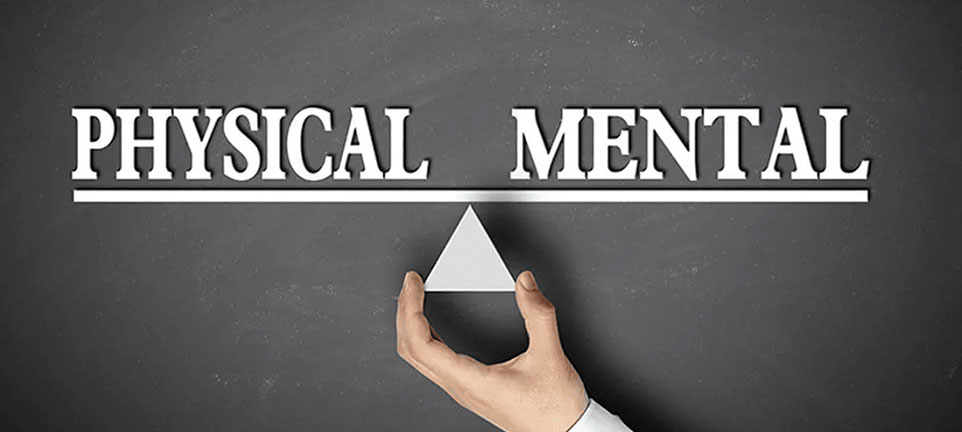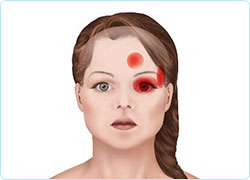
-
Free Parking Available
-
Wheelchair Access
-
Close to Public Transport


Considering R U OK Day has just past us by, what better time to shed some light on the interplay between mental health and the musculoskeletal system.
Both mental and physical health are closely linked and influence one another.
This is backed by the World Health Organization (WHO) that defines health as “a state of complete physical, mental and social well-being and not merely the absence of disease… there is no health without mental health”.

We can break the associations between the two into:
The symptoms of chronic physical illnesses, and oftentimes their treatments, can result in major lifestyle changes which can cause severe disruptions to a person’s work/social life and create financial difficulties.
As such, things like being unable to exercise or eat healthily means people who experience persistent pain are four times more likely to experience anxiety or depression than those living without pain.
More specifically, exercise is thought to block negative thoughts or distract people from daily worries, as well as alter levels of serotonin and endorphins in the brain that can causing positive feelings.
A nutritious diet is considered to assist healthy brain functioning, and good sleep patterns improve concentration, energy levels and assists in faster recovery from illness.

After the experience of a mental or physical trauma, the patterns of brain functioning are altered. The brain is then susceptible to responding more sensitively to stress triggers that otherwise would be easily dealt with.
With repeated cycles of stress, the autonomic nervous system (responsible for involuntary bodily functioning such as digestion and circulation of blood) can become impaired. Being unable to perform these functions can ultimately have a physical effect on the body.
It can make it harder for you to find the energy to eat healthily, exercise or even sleep.
There are many things you can do to improve and maintain your mental and physical health.
First and foremost, anyone needing assistance with mental health issues should talk to their GP or consult beyondblua.org.au for further resources.
Some smaller practical changes you can make to your day to day life include:
There is no one proven way that people recover from anxiety, depression or even chronic illness, and it’s different for everybody. However, there is a range of effective treatments and health professionals who can help you on the road to recovery.
https://das.bluestaronline.com.au/api/prism/document?token=BL/0124





